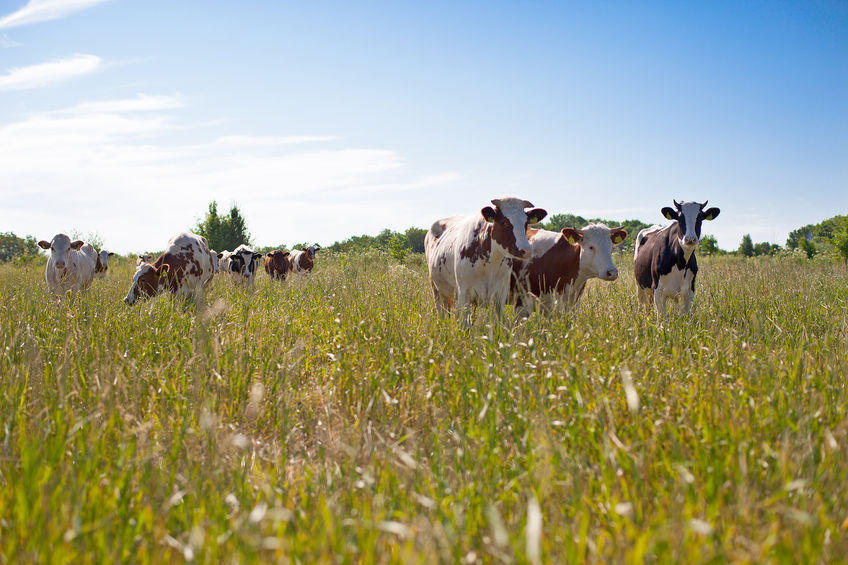
The Government has outlined its intention to retain the UK's high standards of animal welfare post-Brexit, and to avoid farmers being undermined by cheaper imports.
This week, the Government responded to the House of Lords EU Energy and Environment Sub-Committee’s report on 'Brexit: Farm Animal Welfare'.
The British Veterinary Association (BVA) labelled the talks as "promising", but cautioned that promises "now need to be made in Brexit negotiations".
The report also said that non-British EU veterinary surgeons are critical to the UK veterinary workforce.
Around 50% of veterinary surgeons registering to practise in the UK each year come from overseas, with the vast majority of these coming from the rest of the EU.
Yet one-fifth of vets are already reporting that it has become harder to recruit since the EU Referendum.
The Government’s response stated: “Many vets working in the UK are EU nationals... and the Prime Minister has made clear that securing the status of the veterinary workforce is a top priority. Ongoing negotiations as part of the Article 50 negotiations will help firm up our commitment to do this.
“We are continuing to work across government and with the veterinary profession to help develop a flexible and skilled workforce which meets the UK’s needs.”
'Undermined'
The Government’s response to the report outlined an intention to retain the UK’s high standards of welfare.
It agreed that the UK should seek to avoid potentially being undermined by cheaper imports produced to lower animal welfare standards.
The Committee warned that a potential increase in imports from countries operating lower farm animal welfare standards could undermine UK producers after Brexit.
The Committee heard evidence that the greatest threat to farm animal welfare standards post-Brexit would come from UK farmers competing against cheap, imported food from countries that produce to lower standards than the UK.
The Government’s wish for the UK to become a global leader in free trade is not necessarily compatible with its desire to maintain high animal welfare standards, the report warned.
'Serious repercussions'
Commenting on the Government’s response, BVA President John Fishwick said the impact of losing even a small percentage of the workforce could have "serious repercussions" on the practices, communities, specialist areas and industries.
Mr Fishwick said: “Priorities need to become promises. We will continue urging the Government to guarantee the existing rights of all non-UK EU vets and vet nurses living and working in the UK to provide reassurance to the colleagues who have been living in uncertainty for the past 18 months.
“The Government should demonstrate its intention, outlined in its response, to retain the UK's high animal welfare standards by taking action now to enshrine Article 13 on animal sentience in UK law through the EU Withdrawal Bill.
'Confidence'
The response suggests a number of possible measures to prevent high UK animal welfare standards being undermined by cheaper imports produced to lower animal welfare standards.
Mr Fishwick continued: “Consumers must continue to have confidence in the food they eat when we leave the EU, so it is important that this commitment is embedded in future UK trade policy.
“We must also see a single standard applied to the production of animal products destined either for UK consumers or foreign markets, which includes veterinary controls and certification, to avoid the potential for animal welfare breaches and food fraud that is associated with multiple parallel standards, while ensuring consumer confidence moving forwards.”
